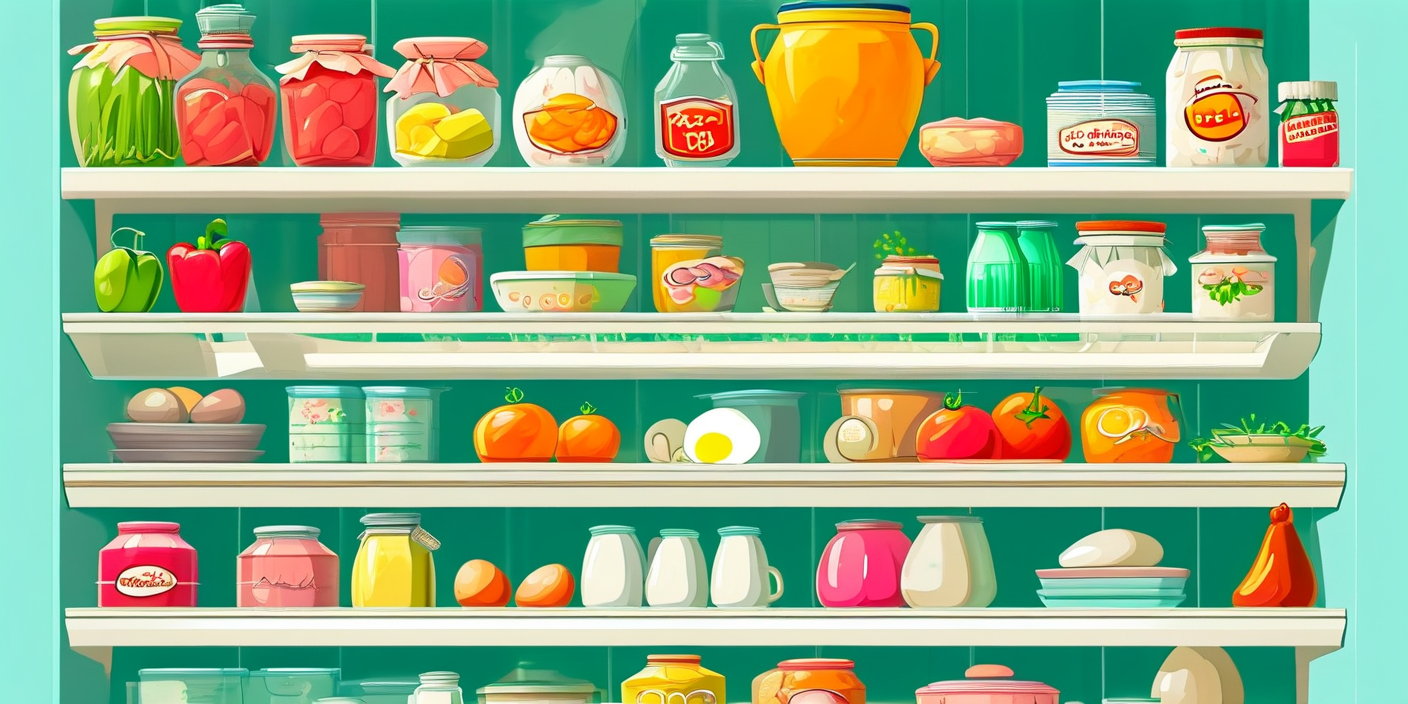Understanding the Shelf Life of Hard-Boiled Eggs
Hard-boiled eggs are a convenient and nutritious snack or meal addition. However, their shelf life is shorter than that of raw eggs, making proper storage and awareness of potential spoilage crucial. Many factors influence how long your hard-boiled eggs remain safe and palatable. This comprehensive guide will delve into these factors, providing you with the knowledge to enjoy your hard-boiled eggs safely and confidently.
Factors Affecting Shelf Life
Several factors contribute to the shelf life of hard-boiled eggs. These include:
- Storage Method: How you store your hard-boiled eggs significantly impacts their longevity. Improper storage can drastically reduce their shelf life and increase the risk of bacterial growth.
- Initial Freshness of Eggs: Starting with fresh, high-quality eggs is essential. Older eggs are more susceptible to spoilage and bacterial contamination.
- Temperature: Consistent refrigeration at 40°F (4°C) or below is crucial. Fluctuations in temperature can promote bacterial growth.
- Shell Integrity: Cracks or damage to the eggshell allow bacteria to enter, leading to faster spoilage.
- Handling: Proper handling during and after boiling minimizes the risk of contamination.
How Long Hard-Boiled Eggs Last: The General Guideline
Generally, properly stored hard-boiled eggs should last for one week in the refrigerator. This is a conservative estimate, and some sources may suggest a slightly shorter or longer timeframe. However, one week provides a safe margin for consumption, ensuring the eggs remain safe and of acceptable quality.
Extending the Shelf Life of Hard-Boiled Eggs: Tips and Tricks
While one week is the general guideline, you can take steps to potentially extend the shelf life of your hard-boiled eggs. These strategies focus on minimizing bacterial growth and maintaining the integrity of the eggs:
1. Cool Quickly and Properly
Immediately after boiling, transfer the eggs to a bowl of ice water to rapidly cool them down. This helps prevent the formation of a green ring around the yolk, a sign of overcooking and potential sulfurous smell, and reduces the risk of bacterial growth.
2. Store in the Refrigerator Correctly
Store hard-boiled eggs in an airtight container or sealed bag in the refrigerator. This prevents them from absorbing odors from other foods and helps maintain moisture. Avoid storing them at room temperature, even for short periods.
3. Separate Yolks and Whites
If you plan to use only the yolks or whites, separate them and store them separately in airtight containers. This prevents cross-contamination and helps maintain freshness.
4. Use Within the Recommended Timeframe
Regardless of how well you store them, hard-boiled eggs are perishable. Always adhere to the one-week guideline to minimize the risk of foodborne illness.
5. Peel Before Storing (Optional)
Some sources suggest peeling the eggs before storing to reduce the risk of bacterial contamination. However, this can make the eggs more prone to drying out. If you choose to peel them beforehand, ensure you store them properly in an airtight container.
Identifying Spoiled Hard-Boiled Eggs: Signs to Watch For
Knowing how to identify spoiled hard-boiled eggs is crucial for food safety. Discard any eggs exhibiting the following signs:
Visual Cues
- Visible mold: Any visible mold growth indicates spoilage and should prompt immediate discarding.
- Cracked shell: If the shell is cracked, bacteria can easily penetrate, leading to spoilage. Discard cracked eggs immediately.
- Unpleasant odor: A foul or sulfuric smell is a clear indication of spoilage.
- Discolored yolk: While a slightly green ring around the yolk is acceptable after prolonged storage, significant discoloration or darkening of the yolk is a sign of spoilage.
Textural Changes
- Slimy or sticky texture: If the egg white or yolk is slimy or sticky to the touch, it’s a sign of spoilage.
- Unusual texture: Any unusual texture, such as dryness or excessive wetness, should raise concerns.
Frequently Asked Questions (FAQs)
Here are some common questions about the shelf life of hard-boiled eggs:
Can I freeze hard-boiled eggs?
Yes, you can freeze hard-boiled eggs, but their texture may change after thawing. It’s best to freeze them shelled and peeled, and they should be used within a month of freezing.
What if I accidentally leave hard-boiled eggs out at room temperature?
Avoid consuming hard-boiled eggs left out at room temperature for more than two hours. Bacteria can grow rapidly at room temperature, increasing the risk of foodborne illness.
Can I tell if a hard-boiled egg is bad by smelling it?
Yes, a foul or sulfuric odor is a clear sign of spoilage. If you notice any unpleasant smell, discard the egg immediately.
Final Thoughts
Proper storage and careful observation are key to enjoying safe and delicious hard-boiled eggs. By following the guidelines outlined in this article, you can confidently extend the shelf life of your hard-boiled eggs and minimize the risk of foodborne illness. Remember, when in doubt, throw it out! Your health is always the top priority.

